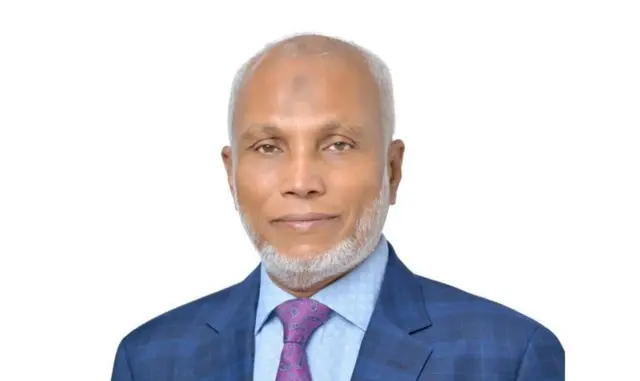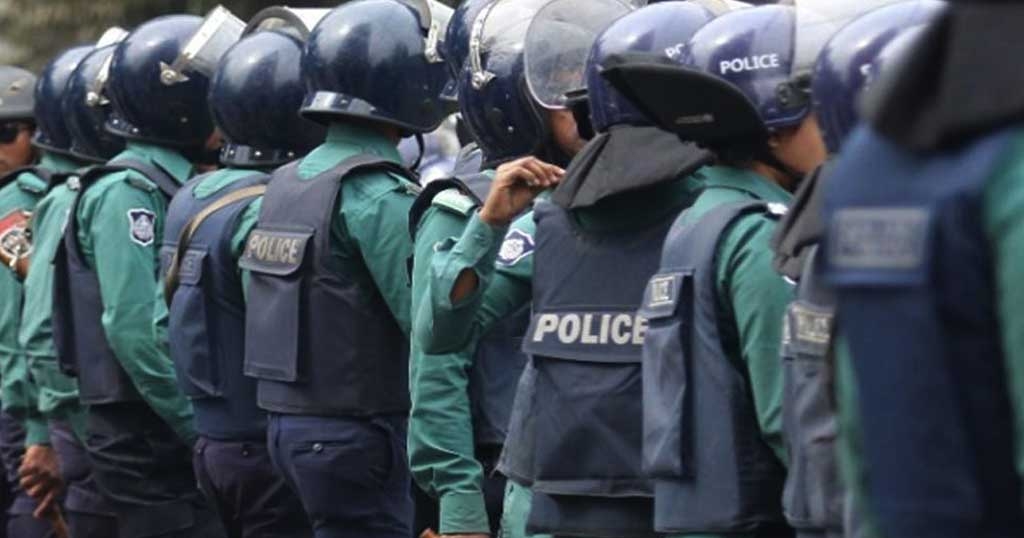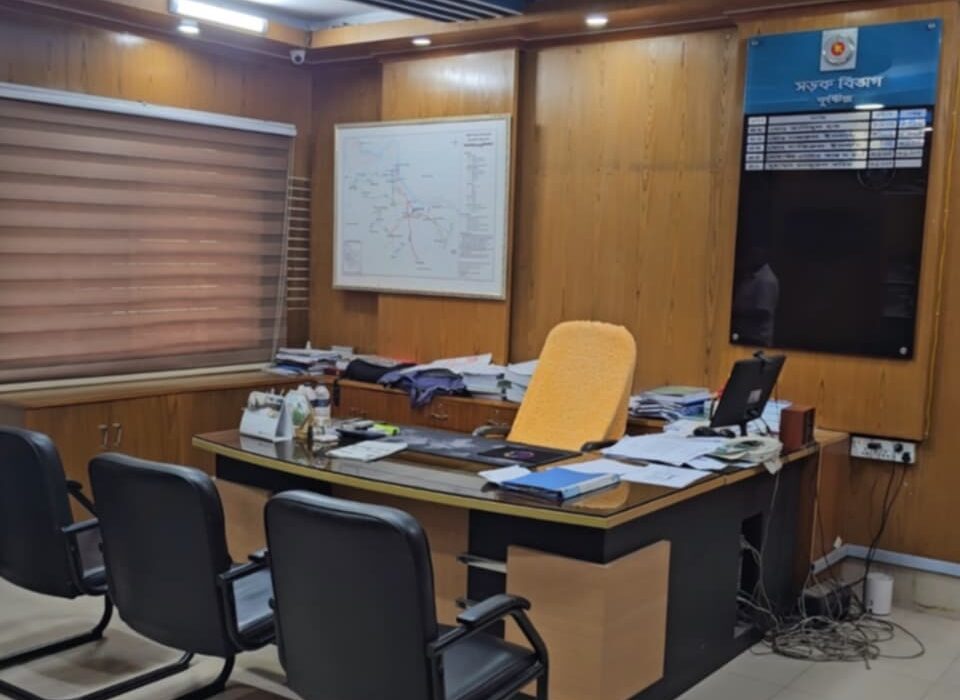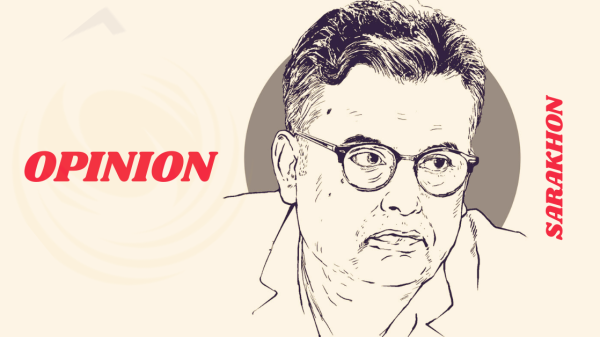BNP Candidate Shot: A Warning Sign for the Election?

Ershadullah, the BNP candidate for Chattogram-8–8, was shot by armed assailants on Wednesday evening while campaigning. At the time of writing, he remains in hospital, as does one of his injured associates.
It has been only two days since the BNP announced its candidates for 237 constituencies. For the upcoming national election, whose schedule has not yet been announced, the next largest party after the BNP is Jamaat-e-Islami.
Just before the shooting, Jamaat-e-Islami held a public rally demanding a national referendum before the parliamentary election.
If one examines the past electoral records of the BNP and Jamaat-e-Islami, the differences between them are vast. Yet a question lingers: upon whom does the blessing of the current interim arrangement truly fall?
But beyond that question lies an even greater one. Two days after the BNP’s candidate announcement—on what was essentially the first day of their campaign—this shooting took place. Was such an incident beyond the knowledge or anticipation of the interim government? Hardly so.
In the last week of October 2025, during a Clinton Foundation event, the head of the interim government introduced one of his current advisers as among the “amazing, meticulous designers” behind the fall of his previous administration. That same adviser, speaking at a discussion, predicted that from the moment the special election was announced, the country’s situation would become dire.

Since he is one of those meticulous designers, he must be credited with foresight. Yet the truth is that even ordinary citizens of Bangladesh today can see what lies ahead.
Because there is such a thing as an electoral environment, politicians—those who contest elections, and those who conduct them—all know precisely what that means.
Before any election can take place, a government must create the electoral environment. And at the core of that environment lies one indispensable element: law and order.
Those currently in power seem to believe that every environment can be manufactured through force, and that inconvenient realities can likewise be denied.
But force can only destroy; it cannot build. Building requires consensus, respect for the law, and, above all, that every institution does the work assigned to it.
Bangladesh’s electoral environment has always depended on political understanding, administrative alertness, and institutional competence.
Whenever the country’s civil administration, police, and military have been given the chance to prepare for an election, they have proven their ability—whether in 1991, 1996, 2001, or 2008—to deliver credible polls.
Elections are always conducted by the civil administration, with the military serving as a striking force. Yet, the military administration must also play a crucial supporting role.

Similarly, whenever the Bangladeshi media has enjoyed freedom, it has played a constructive part in fostering fair electoral conditions. But when governments have turned repressive—believing in the supremacy of force and wielding the state like a blunt weapon—the media has withdrawn.
Journalists are not beings from another planet. Most did not enter the profession with the intention of being revolutionaries. For any genuine journalist, the fall of a government is only news—never cause for celebration—regardless of personal preference. The media, after all, is neither the ruling party nor the opposition.
Yet now, in the very environment where the government has declared its intent to hold elections, and as the largest opposition party has just announced its candidates, what does the national reality look like?
During and after the latest change in power, police officers were brutally killed. The killers justified their acts by claiming that without such murders, the transfer of power would not have succeeded. Those slain officers will never see justice; their killers have been granted indemnity.
A record number of experienced bureaucrats have been made Officers on Special Duty simply for their perceived proximity to the previous administration. Officials who oversaw the past three elections have been barred from involvement this time. And can it truly be said that the military bureaucracy is being treated with the dignity it deserves?
Meanwhile, the interim government continues to imprison anyone it perceives as an opponent, whoever they may be. Thousands have been detained, many without bail.

Beyond this lies another serious issue: many of the newly nominated candidates are industrialists. Given the current situation, thousands of their workers have been forced into unemployment.
Moreover, even the political parties favored by the interim government and allowed to contest the election are deeply divided. Within them, too, lies a Thucydides Trap—a battle to destroy the old power and raise a new flag of victory. Any student of history knows how savage such wars are, and how much cruelty they entail.
Whether consciously or unconsciously, the government continues to aid in building this battlefield—sustaining this environment of vengeance at every moment.
For years, this government has thrived by cultivating revenge, building “private forces,” and enabling mob terror to secure one victory after another.
But if even a fragment of that private force is allowed to operate during the election, no genuine electoral environment can exist.
On the same morning that BNP candidate Ershadullah was shot, one of the advisers of a former caretaker government gave an interview to the country’s leading Bangla daily, questioning the present interim administration’s ability to hold credible elections. He raised many other concerns as well.
Many citizens read that interview in the morning. And by afternoon, they saw a candidate fall to bullets at the very start of campaigning.
Is that not a grave warning sign for what lies ahead?
The writer is a journalist awarded Bangladesh’s highest state honor; Editor, Sarakhon and The Present World.












